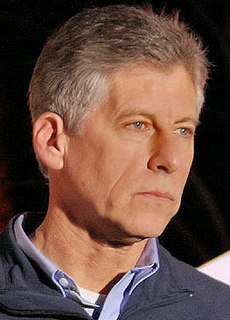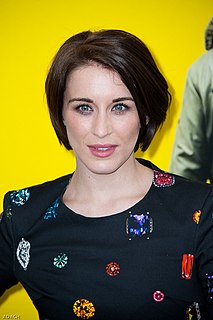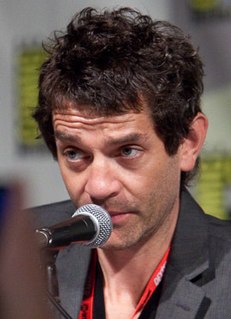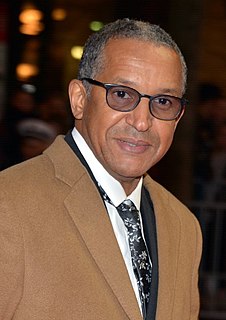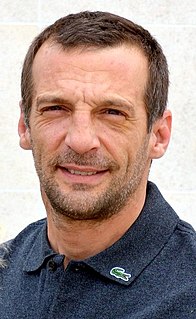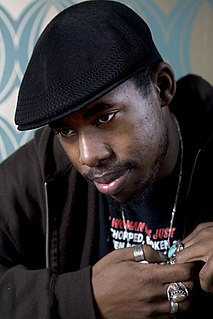A Quote by Ken Loach
The problem is, if you make a film that has certain implications in the story, and then you don't follow through, it's a cop out really, isn't it?
Related Quotes
When I went through the Simpson case, I was a cop. Then I was a good cop. Then I was a bad cop. Then I had the media camped out in front of my house when I retired. Then, you know, I am the evilest thing on the planet. Then I write a few books, and then I start getting involved, like the Martha Moxley case.
You have to do three things really well to make a successful film. You have to tell a compelling story that has a story that is unpredictable, that keeps people on the edge of their seat where they can't wait to see what happens next. You then populate that story with really memorable and appealing characters. And then, you put that story and those characters in a believable world, not realistic but believable for the story that you're telling.
It wasn't long after I began writing Star Wars that I realized the story was more than a single film could hold. As the saga of the Skywalkers and Jedi Knights unfolded, I began to see it as a tale that could take at least nine films to tell - three trilogies - and I realized, in making my way through the back story and after story, that I was really setting out to make the middle story.
To a certain extent everybody has a certain sort of way of being a persona that they learn how to be when they're really little. They figure out that if they're really funny, or really pretty, or if they work really, really hard or are really smart, then that's what's going to get them by. That is what is going to make people like them.
Animation story boarding works differently than live action story boarding. The story crew along with a writer really does shape and create the film - the world and it's characters. We meet almost every day and brainstorm the plot of the film. It's a highly collaborative process - and we continue to improve the story until we literally run out of time.
When you make your first film, it's really hard in some ways. You're just nowhere. But then you have something. If you have a success, then you might be looking to take a fall. If you had a fall, you get a certain kind of euphoria because you're not dead, so you can still do it again. It's about how you go through the processes. Do you enjoy that "doing"? Is it getting less fun or more fun?
There is a blueprint that young female singers seem to follow to make it, to make some noise when they first come out. And it's a hyper-sexualized persona. And the thing is that it works. And they do make noise. But the problem is if it's not authentic to you, then you're trapped in that persona. And you have to live that persona 24/7.

